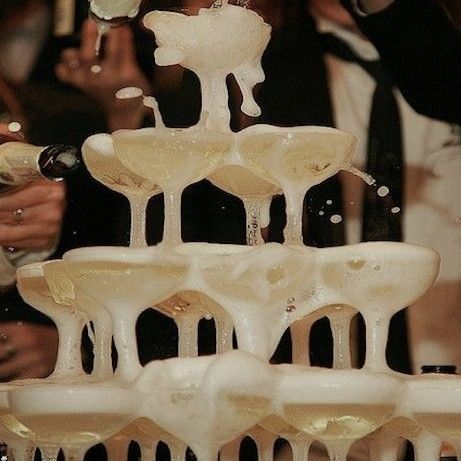F. Scott Fitzgerald’s The Great Gatsby is filled with dazzling images of wealth and excess, none more iconic than Jay Gatsby’s legendary parties. With endless champagne, live orchestras, and crowds of glamorous guests, these extravagant gatherings seem to define the excitement of the Roaring Twenties. However, beneath the surface, Gatsby’s parties are not celebrations of success, but rather hollow spectacles masking loneliness, desperation, and the corruption of the American Dream.
At first glance, Gatsby’s parties appear to embody the ultimate high-society experience. Hundreds of guests arrive in lavish cars, dressed in their finest attire, ready to indulge in the endless flow of alcohol and entertainment. The Jazz Age was a time of rebellion against old traditions, and Gatsby’s mansion becomes a playground for the wealthy and careless. However, most of his guests don’t even know their host—many arrive uninvited, gossiping about Gatsby’s past without ever meeting him. This lack of genuine connection highlights the emptiness behind the grandeur.

Gatsby himself rarely participates in the debauchery, reinforcing the idea that his parties are not about pleasure, but about creating an illusion. His ultimate goal is to attract Daisy Buchanan, his lost love, hoping that she will one day walk through his doors. His wealth and status, symbolized by these parties, are meant to prove that he is worthy of her. But Daisy, much like the American Dream itself, is an illusion—something Gatsby reaches for but can never truly attain.
The morning after the parties, Gatsby’s mansion is a stark contrast to the night before. The guests vanish, the glamour fades, and he is left alone in his empty house. This reinforces the novel’s critique of the Jazz Age’s superficiality: beneath all the music and excess, there is a profound sense of loneliness and unfulfilled longing. Gatsby’s dream, much like his parties, is built on illusion, and in the end, both collapse.
Fitzgerald uses Gatsby’s parties to expose the darker side of wealth and ambition. They serve as a metaphor for the corruption of the American Dream, where material success is mistaken for happiness. What appears to be a world of excitement and promise is ultimately hollow, fleeting, and unsatisfying. Through Gatsby’s doomed pursuit of love and status, Fitzgerald warns that not all that glitters is gold.